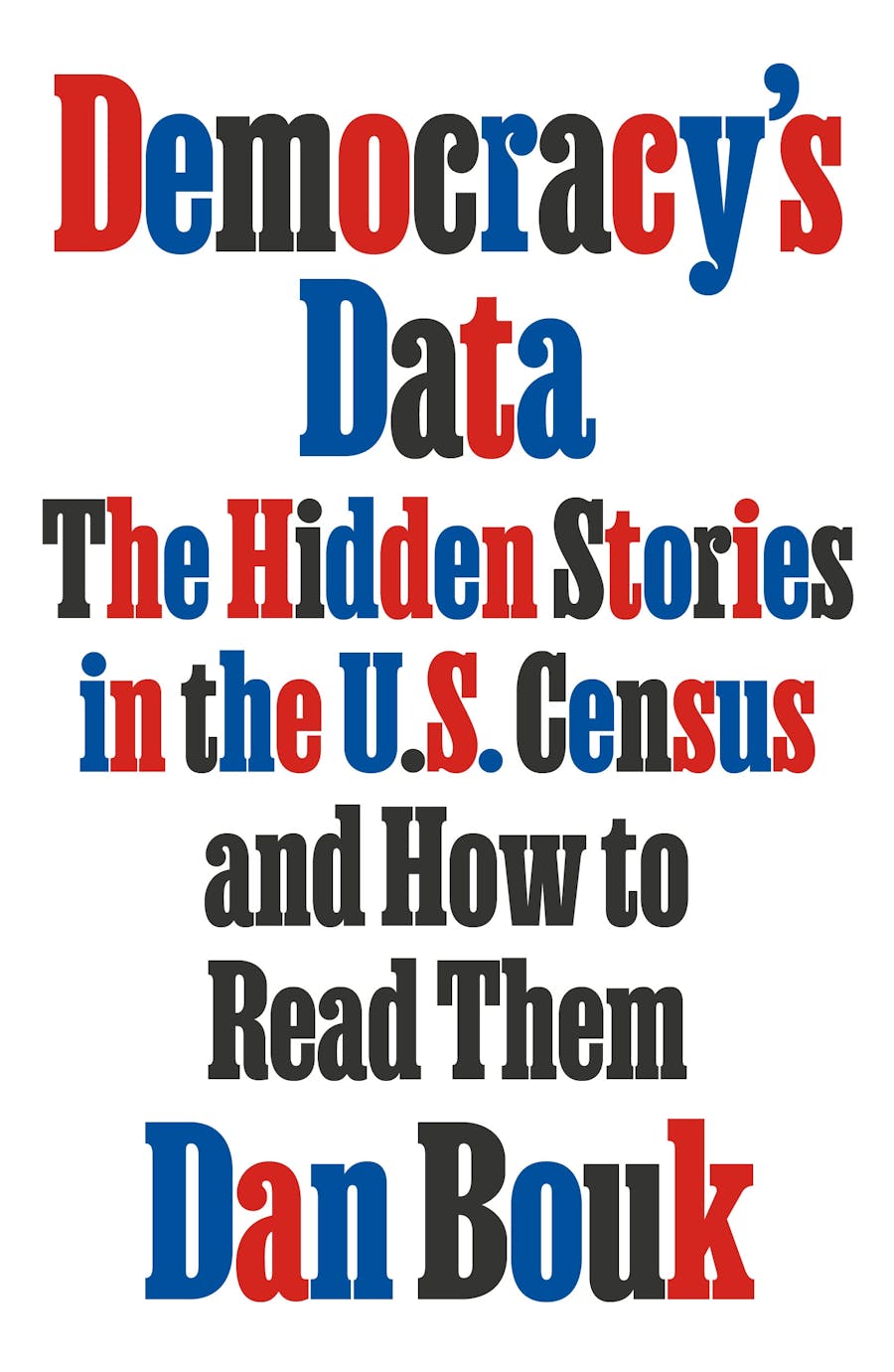"In every boring bureaucratic form, there lurks drama, conflict, and the quintessentially modern struggle to fit messy lives into standardized categories."
In Democracy's Data, Dr. Dan Bouk pulls back the curtain on the surprisingly contentious and complicated process of planning and implementing the US Census throughout American history.
No boring, stale history here. His highly readable book puts the 1940 Census under the microscope as a great example of hidden stories of people and the nation--and how to tease out stories from the mass of data collected. Highly recommended!
Chapter 1, "The Question Men," is aptly named because all but two of the people who planned the 1940 US Census questionnaire were male. All were white. Government officials were well represented but so was the world of commerce, with the head of Sears, Roebuck in attendance, insurance execs, union researchers, academics, and more.
Dr. Bouk's exploration of Census design makes a key point clear: "The census 'made' the facts that its columns defined. It hid the facts that its columns denied."
So when immigration was of national concern, the 1920 US Census asked questions about citizenship status, language spoken, etc. By 1940, the Question Men were less concerned about immigration and more concerned about internal migration, one of the effects of the Great Depression, and about income levels. The questions added and removed reflected these changing priorities.
Don't miss the Epilogue, where Dr. Bouk describes his experience with the 2020 US Census, comparing the enumeration process and questions to those of earlier Census years, and explaining the ramifications of various responses.
"I want to be counted so that my individual data (and the story it tells about me and my country) will survive. I appreciate that I and all of my neighbors will have some trace of our existence preserved permanently," he writes. I share this sentiment.
Unfortunately, Dr. Bouk isn't reassured about the "permanence" of today's Census data, because the 2010 and 2020 Census data are being stored only digitally, no paper trail at all, no microfilm either. He's worried about media obsolescence and whether our 2020 Census responses will still be available in 2092, when the individual results are to be publicly revealed. I share his worry.
To hear the author speak about this book, of interest to all genealogy folks who use US Census data in their research, take a look at one of these two videos:

